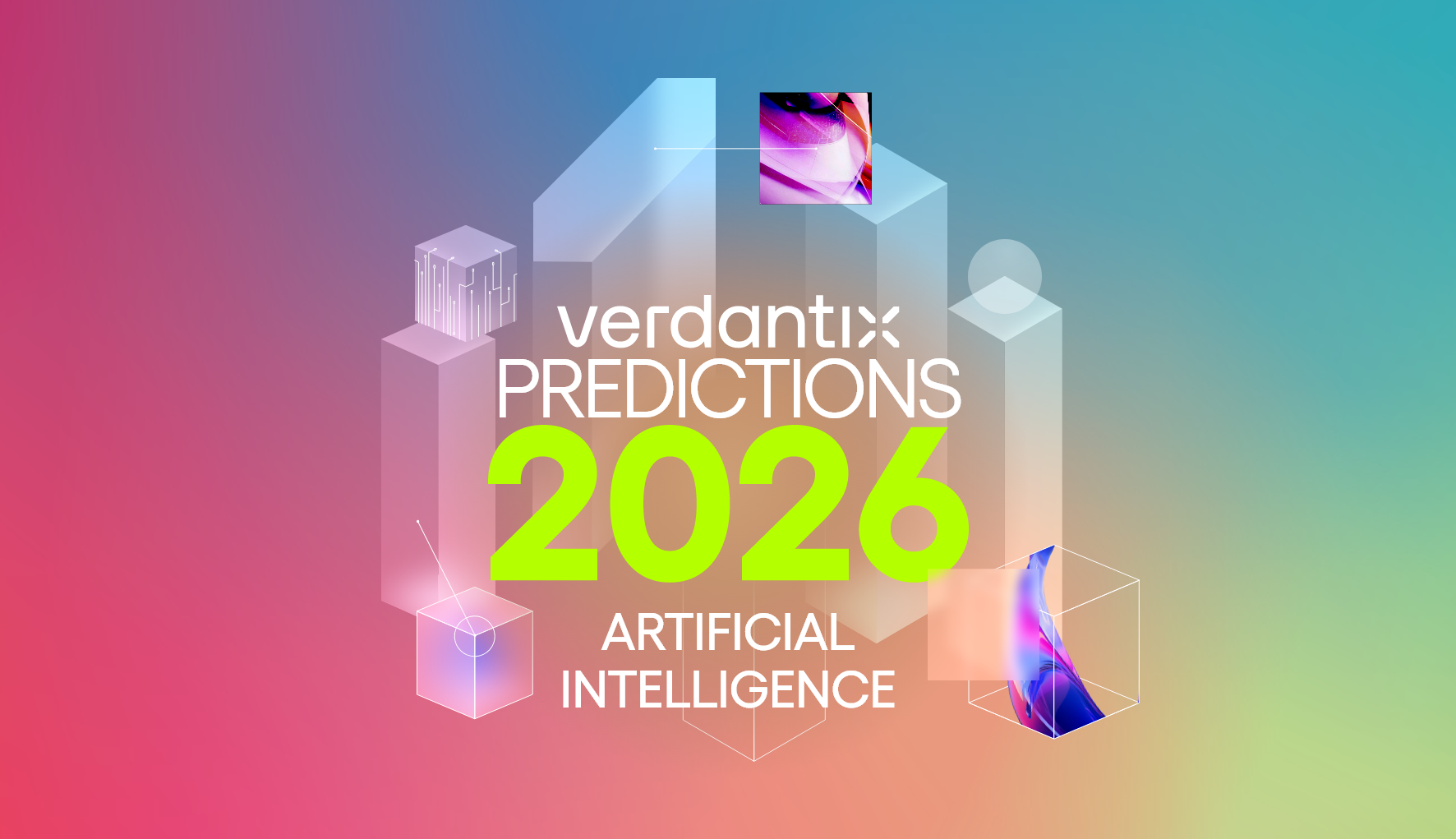Three Applications Of AI To Foster Supply Chain Sustainability
Sustainability performance requirements expand business responsibility deep into the supply chain and expose organizations to numerous data-related challenges. Indeed, over 40% of firms consider inconsistent or poor-quality data from suppliers as the biggest hurdle they face in delivering their supply chain initiatives. Hence, many decision-makers are looking for new tools and approaches to increase the effectiveness of their supply chain sustainability data management, verification and risk management.
In response, a growing number of software vendors – such as Ameba, Prewave, project44 and Sweep, among others – are stepping up with AI-enabled tools tailored to bolster their customers' sustainability strategies. In the 2024 Verdantix Green Quadrant on supply chain sustainability software, we highlight three main applications of AI tools that promise to reshape how firms manage sustainability performance across the supply chain:
- Support suppliers' data collection and verification.
Firms depend on the information provided by their suppliers regarding social and environmental performance to comply with sustainability regulations such as the Corporate Sustainability Reporting Directive (CSRD), the Corporate Sustainability Due Diligence Directive (CSDDD) and the EU Deforestation Regulation (EUDR). To instil confidence in buyers' reporting obligations, software vendors like Assent and EcoVadis offer AI-enabled tools to support the verification of data reported by suppliers against standard criteria established by regulatory and sustainability experts.
- Improve supplier network analysis and supplier assessments.
Organizations face increasing threats hidden within their supplier networks, making it essential to have comprehensive visibility into the sustainability performance of their suppliers' suppliers. To support firms in mitigating ESG-related risks, software vendors like Achilles provide AI-enabled supplier risk intelligence tools that validate suppliers' ESG performance. Similarly, Avetta's ESG mapping patent tool combines machine learning with human expertise to tailor supplier assessments according to their specific risk profiles. This helps organizations prioritize relevant inquiries based on the attributes of both buyers and suppliers, which also helps reduce supplier fatigue.
- Integrate sustainability performance into supply chain planning and operations.
As firms advance in their sustainability journeys, they pursue better integration of ESG and sustainability KPIs into daily decision-making. Software vendors such as Benchmark Gensuite and IBM provide AI-enabled forecasting tools to assess sustainability performance and project impacts on ESG metrics across the supply chain. Meanwhile, IntegrityNext and Sphera offer AI-driven sentiment and media monitoring tools that alert customers to adverse media and environmental threats, enhancing supply chain sustainability through proactive risk management.
Moving forward, the increasing number of AI-enabled tools for sustainability will require buyers to press sustainability software vendors about their incorporation of AI and ask for specific examples of how customers are using AI. Furthermore, as AI becomes a key factor in sustainability, CSOs will have to actively mitigate corporate-wide AI-related risks and ensure that AI applications create value and do not hinder a firm's sustainability progress.
To learn more about the future of AI tools for sustainability see Verdantix Strategic Focus: Implications Of AI For The CSO and Verdantix Market Insight: 10 Predictions For ESG And Sustainability In 2025 And Beyond.
About The Author

Elisa Molero
Senior Analyst




